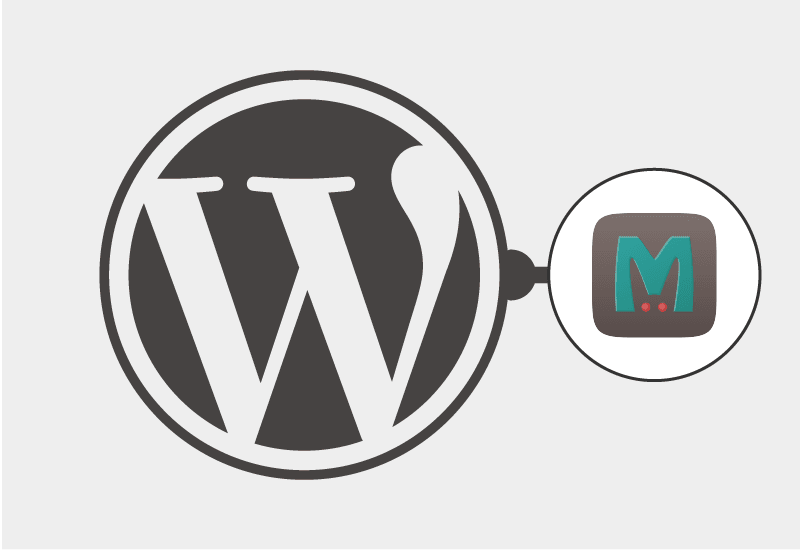You don’t have to go at it alone, hiring a partner can make sense and…

When you are picking a host, it may be difficult to find the right one while channeling through all the different types and providers. You’ll find there are three different types of hosting available: Shared Hosting, a Dedicated Server, or a Virtual Private Server (VPS). There are advantages and disadvantages to each, so we thought we’d provide information about the different types of web hosting to help you pick which server is best for you.
Shared Hosting
Shared hosting is web hosting in which the service provider hosts multiple websites for different clients on a single server. If you’re feeling frugal, this option may be right for you. The overall cost of server hosting is shared by many websites and customers, so the premium you’ll pay won’t be as much.
Shared hosting is like sharing an apartment with roommates. You have to split the cost of the gas, electric, and water, but all receive the benefits of living in the same house. In shared hosting, all accounts must share the available resources on the server. With this comes the disadvantages that each account has its own—usually arbitrary—limit on particular services like disk space, email accounts, databases, and FTP accounts. Shared servers are also much more prone to hacking attacks—any malicious activity that gets into the server could affect every account on the server. The account will also have limited resources as every other account also uses the same CPU, memory, and hard drive. If the server becomes busy due to requests from any of the sites hosted on it the server may become unresponsive.
However, the advantages of shared web hosting often outweigh the disadvantages for the average customer. Shared hosting saves time and money because the service provider is taking care of the server maintenance which can prove beneficial to smaller websites.
Dedicated Server
A dedicated server is reserved exclusively for the use of a single customer or account. Using dedicated hosting is like owning a house. You have access to all available resources, but you are responsible for all maintenance and costs of the house. With dedicated hosting, the account will have exclusive rights to the server’s bandwidth, memory, and storage space and won’t have to worry about the usage and traffic of other accounts. When an account purchases a dedicated server it is actually leasing a physical server that is set up with the account’s particular preferences. The server remains with the service provider but is only used by the specific account.
Large accounts with high traffic websites or applications will likely choose a dedicated server, as they are likely attracted to its versatility and bandwidth. However, with this increased convenience comes a larger cost and potential for maintenance. Setting up, maintaining, and repairing dedicated servers can prove to be difficult for inexperienced website owners. If you are unsure as to whether a dedicated server is right for you, you may want to try a VPS or shared hosting before switching to a dedicated hosting service.
One last thing to keep in mind for dedicated servers is that since they are a physical box (some services call them metal) hardware failures will also cause server issues that are not easy to determine and take a lot of time (and downtime) to have the hosting provider fix.
Virtual Private Server (VPS) Hosting
A VPS is a virtual private server hosted by a service provider. This type of hosting environment imitates a dedicated server by having its own dedicated resources (like ram and CPU cores) but still shares disk drives with other accounts on the same physical server.
Think of it as living in a condo. While you still share resources on the larger property, you are responsible for maintenance and repairs inside the condo. Similarly, on a VPS there is one physical server running several virtualized systems–each acting as if it was a dedicated server. This allows the account to receive the benefits of having a dedicated server while escaping the high cost. VPS hosting is technically both a shared hosting and dedicated hosting environment.
VPS hosting works very well for accounts with very high web traffic or high resource needs. It also works well for accounts that need a particular server setup. Hosting on a VPS server offers several advantage over shared hosting; such as increased security, scalability, customization, and control. There is no one else on your server using its resources so you get the full benefit of having your own server in a virtual environment.
Utilizing a VPS environment can offer your business scalability that both shared and dedicated hosting cannot provide as easily (shared) or as cost-effective (dedicated). The ability to turn on and off VPS servers within seconds or minutes (depending on the host) can allow you to quickly ramp up the number of servers during a spike in web traffic to serve pages to generate income, leads, and/or loyalty. That same ability can allow your business to remove servers no longer needed when traffic requirements dwindle during off hours or off-season; saving your business money.
Need Help Deciding?
Purrly Digital can help you identify the advantages and disadvantages to hosting with each platform from the perspective of your business, and we can help you put the web hosting in place. Learn more about our hosting packages and contact us to discuss your unique needs.





This Post Has 0 Comments